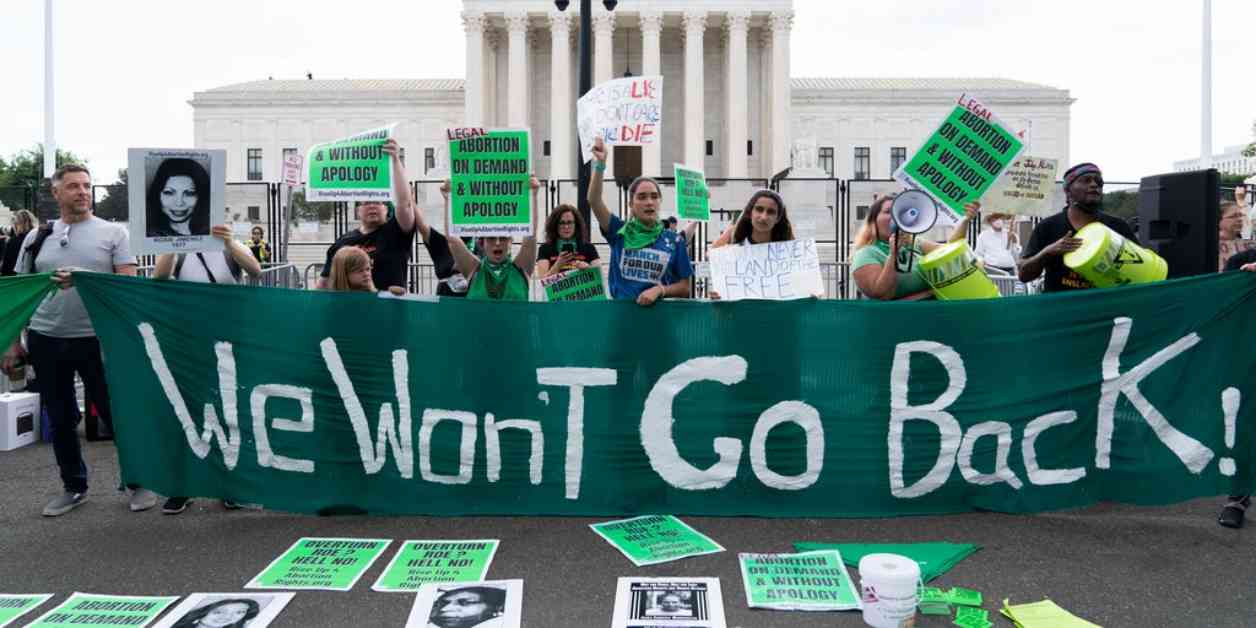The recent Supreme Court decision regarding the abortion medication case has caused a stir among various groups. The Court ruled against a challenge to the FDA’s approval process of the abortion drug mifepristone, which has been a topic of controversy since the landmark decision in 2022 that overturned Roe v. Wade. This decision was seen as a victory for the Biden administration and abortion rights supporters. The high court unanimously declared that the challengers lacked standing to sue the government, citing constitutional principles.
Justice Brett Kavanaugh, who authored the unanimous opinion, stated that the plaintiffs’ objections to elective abortion and the FDA’s regulation of mifepristone do not establish a justiciable case or controversy in federal court. The case was remanded back to the Fifth Circuit in line with the Court’s opinion.
The lawsuits were filed by a group of health care associations known as the Alliance for Hippocratic Medicine, claiming that the drug has a high rate of complications. However, the Supreme Court determined that the group could not prove that the FDA’s relaxed rules would cause them injury, thus denying them standing to sue.
Despite the disappointment expressed by Erin Hawley, counsel for the civil rights firm Alliance Defending Freedom, the Supreme Court’s decision stands. Hawley argued that the FDA’s removal of safety standards for abortion drugs was unlawful and put women at risk. However, the Court maintained that the federal courts were not the appropriate forum to address these concerns.
The case highlighted the ongoing debate surrounding federal government regulations on mifepristone since 2016. The drug, which is commonly used in medication abortions, has faced increased scrutiny over its safety and accessibility. The Biden administration and the drug’s manufacturer urged the Court to reverse restrictions that would limit access to the drug, particularly through mail services.
The decision comes in the wake of the Supreme Court’s ruling in Dobbs v. Jackson Women’s Health Organization, which overturned Roe v. Wade and allowed states to regulate abortion rights. As a result, some states have implemented stricter laws regarding abortion, including bans at all stages of pregnancy and restrictions on medication abortion.
Overall, the Supreme Court’s decision on the abortion medication case has significant implications for reproductive rights and access to healthcare. The ongoing debate surrounding mifepristone and other abortion drugs will continue to shape the legal landscape in the years to come.


